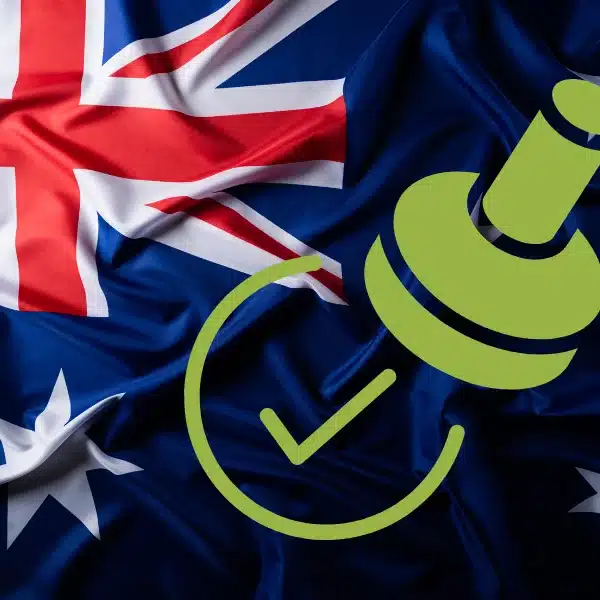How to Comply with Australian Spill Control Regulations in 2025

In 2025, environmental responsibility and workplace safety continue to be top priorities for businesses across Australia. The regulatory frameworks are tightening more and more around pollution prevention and spill control. It has never been more critical to ensure your business complies with Australian spill control regulations. Whether you operate in manufacturing, logistics, mining, or healthcare, it’s not just good practice but a legal obligation.
Understanding Spill Control Regulations in Australia
Spill control regulations in Australia are guided by both state and federal legislation, including:
- The Work Health and Safety Act 2011 (WHS)
- The Environmental Protection Act 1994 (QLD) and similar Acts in other states
- Local environmental protection policies (EPPs)
- Industry-specific compliance codes
These laws are designed to ensure businesses prevent pollutants from entering soil, stormwater systems, or waterways, and to be equipped with the right tools, training, and response plans to manage spills quickly and safely.
Failure to comply can result in financial consequences and environmental damage, as well as reputational harm.
Key Compliance Areas for 2025
In 2025, regulators are stepping up their oversight in several key areas. Businesses can expect more unannounced audits, with inspectors placing particular emphasis on training records to ensure staff are properly equipped to respond to spills. Penalties for incomplete or missing spill control equipment have also increased, making neglect far more costly than prevention. In addition, regulators are no longer accepting generic, one-size-fits-all approaches; instead, they are requiring site-specific solutions that address the unique risks of each workplace.
1. Your business must have an Emergency Spill Kit on site
An appropriately stocked emergency spill kit for your industry will include absorbents, PPE, disposal bags, and industry-specific items such as oil booms or chemical neutralisers.
Australian spill control regulations in 2025 place higher importance on being prepared for emergency spills, making emergency spill kits a key part of your business’s compliance in 2025.
If you are unsure which spill kit is most suitable for your business, download our spill kit guide here. Ecospill offers a wide range of spill control products tailored to specific industries, from construction to healthcare.
2. Use Bunding and Stormwater Control Systems
Preventative measures such as bunding and stormwater control systems are essential to stop hazardous liquids from spreading and causing environmental damage. This is particularly important in areas storing fuel, oils, or chemicals.
At Ecospill, we offer site assessments to review your spill response protocols, and also supply bunding options to help contain spills before they pose a risk.
3. Provide regular spill kit training
Your team are you biggest asset, and it is critical that staff know how to respond in the event of a spill, which is why spill kit training, spill response training, and for high-risk sectors, chemical spill training is so important. These sessions ensure employees understand how to use emergency equipment correctly and act fast to prevent escalation.
Increased regulatory focus on training and awareness means spill response training must now be documented and refreshed regularly. Ecospill can assist your business to develop spill kit training protocols to support workplace safety and compliance. This can involve once off sessions, or more regular training to ensure all employees are confident in spill response. Reach out to us to start a conversation.
4. Inspect and replenish your spill kits
Spill kits should be checked monthly and replenished as needed – expired kits are considered non-compliant. As part of spill kit compliance in 2025, inspection logs and inventory control are being more closely monitored. Our team can assist with scheduled inspections and kit restocking, ensuring your business is always ready. Get in touch with us to find out how.
Don’t forget Eyewash Stations
If your workplace uses corrosive chemicals, eyewash stations are a critical part of your WHS responsibilities. They must be clearly marked and accessible, regularly tested and maintained, and installed close enough to a hazardous zone that it can be accessed within a few seconds. Ecospill has assisted many businesses with Eyewash Station supply and maintenance.
How Ecospill helps you stay compliant
A site review and compliance audit is a great place to start. Our Brisbane-based techs can help you choose the right spill control products for your specific site and conduct spill kit training and compliance audits. We also can install and maintain bunding and stormwater protection and keep your kits stocked and ready for emergencies to ensure you remain safe and ready for any spill emergency.
We understand the unique challenges Australian businesses face in complying with environmental and WHS laws, and we’re here to make that easier.
Do more than comply, be confident with spill response.
Whether you’re just getting started or reviewing your spill control strategy for 2025, Ecospill has the products, services, and expertise to confidently recommend strategies to maintain safety and compliance. We help businesses across Australia meet their WHS and environmental responsibilities, efficiently and affordably.
Don’t wait for a compliance breach. Contact Ecospill today to book a compliance audit and let us help you build a safe, compliant, and environmentally responsible workplace.
